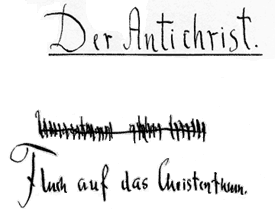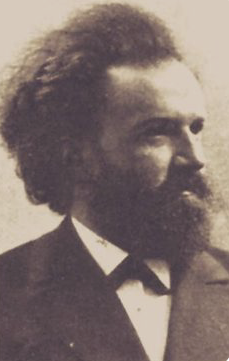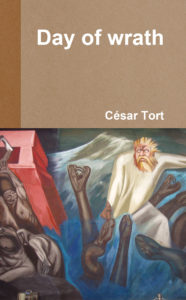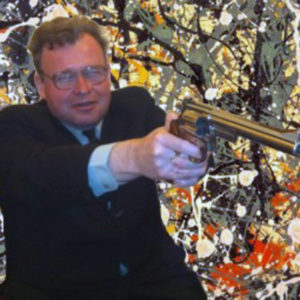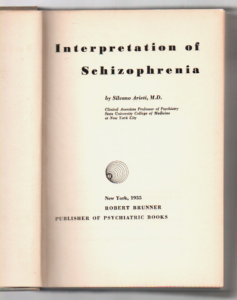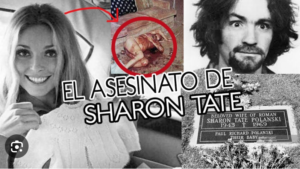against the Cross, 20

Nietzsche’s guesthouse in Via Carlo Alberto, Turin.
In the first entry of this series, I said that the article by Robert Sheaffer that I first read in 1993 had motivated me to reopen the Nietzsche case, insofar as I consider it central to the point of view of The West’s Darkest Hour. And as I said at the end of the previous entry, once one discovers the primary cause of Aryan decline, everyone else seems idiotic to us, just as the boy who saw the naked king found the adults around him incredibly idiotic.
Becoming like the child of the story represents a huge problem for the adult visionary. ‘Running towards the sun’—Nietzsche’s poetic words to describe himself—in search of ultimate truth results in the visionary being charred, moth-like, as he approaches the primary source of light. No one has described Nietzsche’s dazzling charring better than Stefan Zweig, excerpts from whose book The Struggle with the Daimon I posted more than a decade ago, here.
While I was harsh on Nietzsche in criticising what I call in my autobiography ‘idiotic defence mechanisms’, albeit in his case referring to the eternal return of the identical, I am happy to point out that with The Antichrist this mechanism disappears. Nietzsche himself, in a letter to Franz Overbeck, had acknowledged in April 1884 that his Zarathustra was an ‘anteroom’ and that he was going to spend the next years of his life on ‘the development of my philosophy’.
In The Antichrist, both Zarathustra and the eternal return disappear. Zarathustra would only reappear in his poem Dionysian Dithyrambs, but it is very significant that by this time in December 1888, Nietzsche had already lost his self, and the very title of the first poem of that collection of nine poems to Dionysus is entitled ‘Only Mad! Only Poet!’
That the cause of Nietzsche’s madness was unknown to the doctors who treated him is clear from a letter to Peter Gast of 29 September 1904 written by Otto Binswanger, the director of the Psychiatric Clinic in Jena, where Nietzsche was interned for some months: ‘No one will be able to write an exact medical history of Friedrich Nietzsche’, Binswanger asserted, ‘since the beginnings of the illness have not been fully established’.
Why, then, the mania of the last decades to see the aetiology of Nietzsche’s disorder as a somatic disease? Tip: it is part of Big Pharma’s propaganda to sell us their damned drugs from the 1950s onwards. And the same can be said of those who have written about Vincent van Gogh, who would also be temporarily committed to a psychiatric ward. A better approach to the tragedy of both simultaneous cases can be found in the last words of the third volume of Curt Paul Janz’s extensive biographical study of Nietzsche:
The indulgent veil of mental derangement meant that he no longer had to be aware of it. It gave him something else: the tremendum of the genius chord. Without this ending, the fascination that his entire philosophy exerts on the history of philosophy, which places him close to the heroic-tragic end of Socrates—that Socrates whose rival (at least as much) he wanted to be—would certainly be lacking. But, in Nietzsche, it is not only about the end. His whole existence was a martyrdom. And this opens up for him the connection… with a great community. It means the way from the loneliness so badly endured to belonging to the community of the martyrs of the spirit that is far greater than one is usually willing to admit.
This last sentence has been with me for a long time since a Spanish girlfriend gave me Janz’s book as a present in March 1992, when I was living in Barcelona.
Already in January 1889, Nietzsche sent his incredible missives to several characters, including Franz Overbeck. When Overbeck arrived at the Via Carlo Alberto guesthouse in Turin on 8 January 1889 to rescue his friend, he found him completely mad and ‘surrounded by papers’. After returning Nietzsche to his native Germany, Overbeck took the papers back to Basel and among them, he found the manuscript of The Antichrist, carefully wrapped in a folio. By saving this book, Overbeck saved the key to Nietzsche’s thought. Overbeck wrote to Peter Gast, asking him which works Nietzsche had left unfinished; Gast wrote back and, by return of post, Overbeck replied as follows in February 1889:
Of the Transvaluation of All Values, in particular, there is only the first book, also wrapped in a white folio, with the title:
The Antichrist
Transvaluation of All ValuesThe second line is crossed out and replaced by the words ‘Curse on Christianity’.
Five weeks later, after reading the work, Overbeck sent Gast another letter, in which he says: ‘In particular, Nietzsche’s conception of Christianity seems to me to be too political, so to speak’. Overbeck wrote that line in criticism, but that is exactly what, 130 years later, David Skrbina would conclude in The Jesus Hoax: that Christianity was originally a political manoeuvre of the Jews against Rome!
It is clear from the correspondence between Overbeck, the first reader of The Antichrist and Gast that, as Nietzsche neared his end, his ideas about his work changed completely. The Transvaluation of All Values had been intended as a four-volume work, of which The Antichrist would have been the first. But Nietzsche himself wrote to George Brandes at the beginning of December 1888: ‘In three weeks I shall give orders for the printing of The Antichrist: Transvaluation of All Values’. In other words, once he had finished The Antichrist Nietzsche decided to burn the midnight oil, and what had been the first part of the work was transformed in its entirety.
A month after his letter to the Jew Brandes, Nietzsche had already carbonised himself internally, writing letters such as ‘to shoot the German emperor and all anti-Semites’. Andrés Sánchez Pascual says that despite the psychotic breakdown, ‘at that moment Nietzsche makes a totally lucid and consistent decision: he crossed out the subtitle “Transvaluation of all values” and under it, he writes the following: “Curse on Christianity”.’
Alas, because Nietzsche lost his mind he didn’t send the manuscript to his publisher, as planned. When, not long afterwards, the manuscript of The Antichrist fell into Elisabeth’s hands, she mutilated not only the subtitle but the climax of the book—the final page—when she published it in 1895! Had her brother not become disturbed, the original version that Overbeck found ready for the press would have been published as early as 1889, after Twilight of the Idols. It was not until Elisabeth died well into the 20th century that all the manuscripts of the Nietzsche Archive were made freely available to researchers.
In 1961, seventy-three years after the work was written, Erich Podach published a landmark book on Nietzschean editions. He showed that The Antichrist had undergone mutilations in addition to those already known, and made known for the first time the ‘Law against Christianity’.
By 1964, what appears to be the definitive edition of Nietzsche’s entire works was underway. Directed by the Italians Giorgio Colli and Mazzino Montinari, it was published simultaneously in German, Italian and French. The following decade I was to benefit from the Spanish translation of The Antichrist as Nietzsche had left the manuscript carefully wrapped in a white folio, translated by Andrés Sánchez Pascual.
Sánchez Pascual tells us that this work ‘is the most coherent conclusion, the necessary conclusion, of his entire mental path. If Nietzsche’s thought does not lead to The Antichrist, it leads nowhere’. And he adds that to remain in his previous texts and ‘not to advance to The Antichrist is, quite simply, not to dare to look Nietzsche in the eye’.
